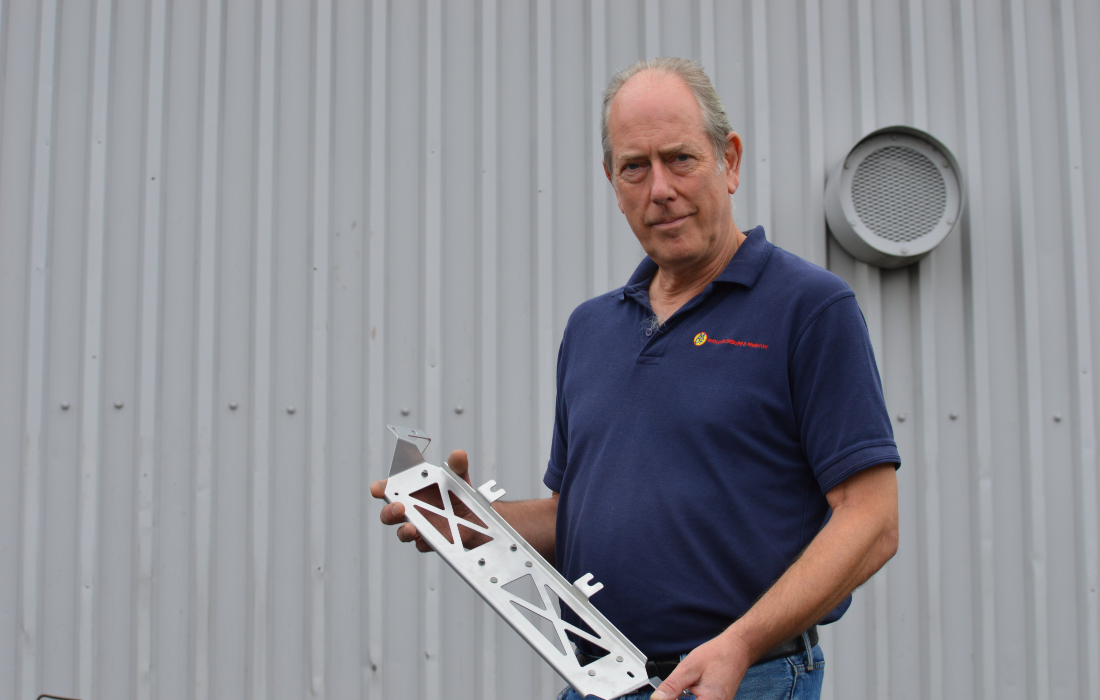Powering Clean Growth: Why Surface Finishing is Key to the UK’s Net Zero Manufacturing Ambitions

As the UK accelerates its journey toward net zero, a quiet but crucial part of the manufacturing process is stepping into the spotlight: surface finishing. For companies making components for offshore wind, hydrogen systems, and other clean tech infrastructure, the final stages of preparation often define whether a product succeeds in its environment or fails prematurely.
In the heart of the Black Country, Midland Deburr & Finish Ltd, based in Lye, is playing a pivotal role. The company specialises in subcontract vibratory deburring – a process that removes sharp edges, microscopic burrs, and surface imperfections from machined metal parts. It may sound modest, but as Managing Director Chris Arrowsmith explains, the stakes are anything but.
"You can’t build a green future on weak foundations," Arrowsmith says. "Every single component in a turbine, clean tech assembly or EV battery has to perform in extreme conditions – often for decades. A burr or rough edge today could become a fracture point tomorrow."
With the push for clean energy, manufacturers are under pressure to increase output and improve durability. Yet, as Arrowsmith points out, high performance begins long before assembly – with the surface prep. "Burr-free parts provide the clean, consistent base needed for specialist coatings. Without that, corrosion resistance and wear life suffer. And when a part fails in the field, the cost of rectification is enormous."
Midland Deburr’s work ensures that these vital components are not only smooth but also mechanically sound. Deburring eliminates stress risers – small imperfections that can concentrate mechanical load and lead to fatigue cracking. In extreme environments such as offshore installations or hydrogen containment systems, these tiny flaws can escalate into major failures.
"We are in the business of making sure they last," Arrowsmith says. "We’re reducing waste, improving performance, and keeping systems safe. That’s how you build sustainable engineering."
As Britain looks to reshore manufacturing and grow green industries, Arrowsmith believes that strategic investment needs to go beyond gigafactories and headline infrastructure. "The real value is in the layers underneath. You can’t have a zero-carbon economy without a capable supply chain behind it – and that includes the finishing specialists."
He’s calling for more recognition and support for SMEs like Midland Deburr, whose work forms the last line of defence against component failure. "If we’re serious about building a resilient, low-carbon manufacturing base, we have to start valuing the fundamentals.
With demand growing across clean energy sectors, and a renewed focus on UK-based capabilities, Arrowsmith is optimistic. "There’s real momentum now. Our job is to ensure the parts are perfect before they move to the next stage.
Quick Contact Form
